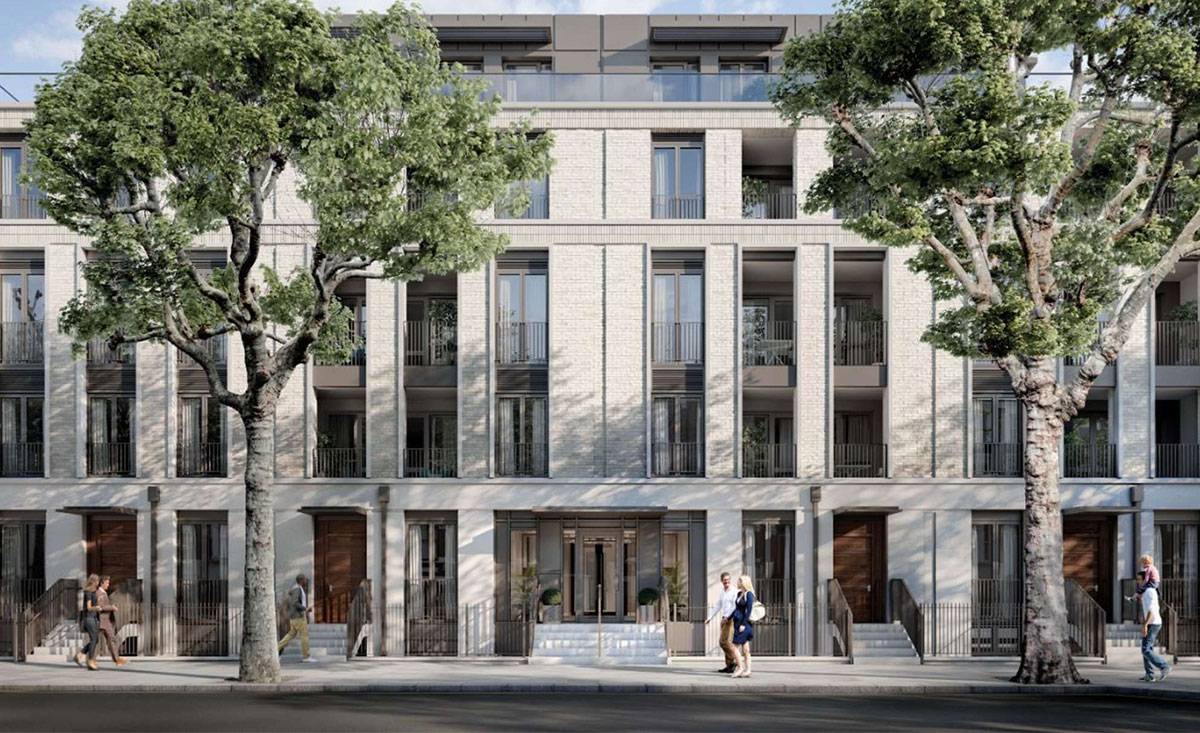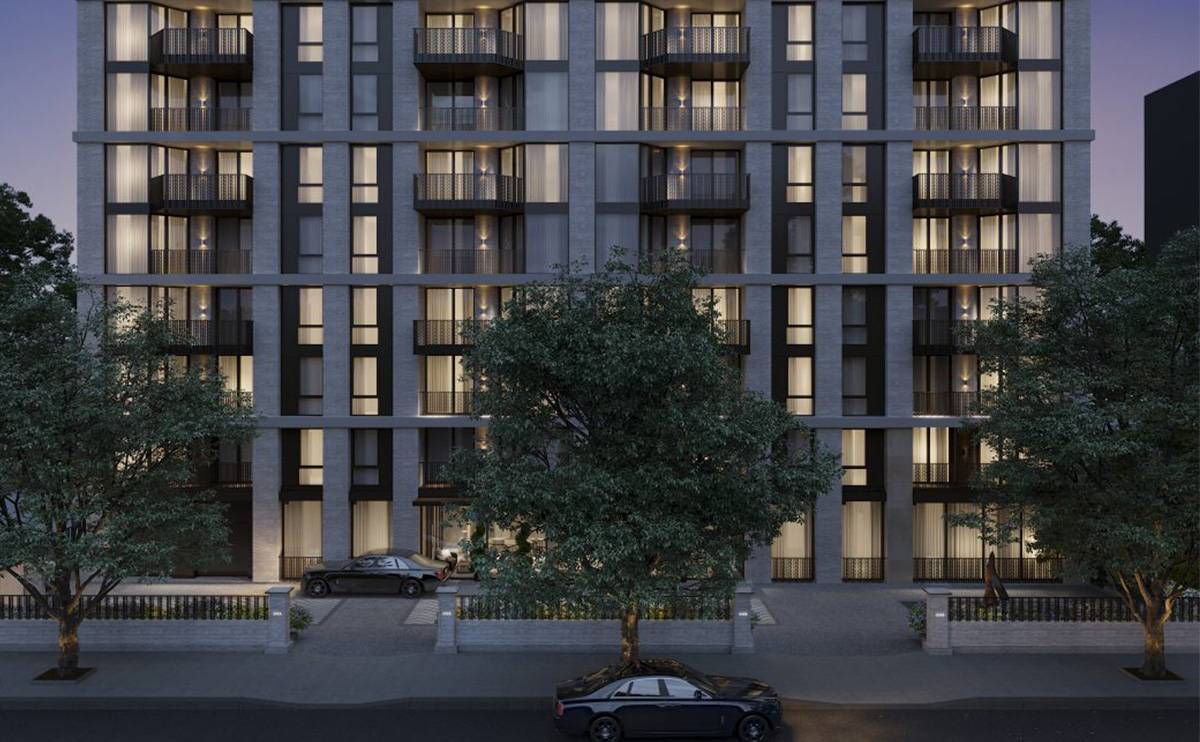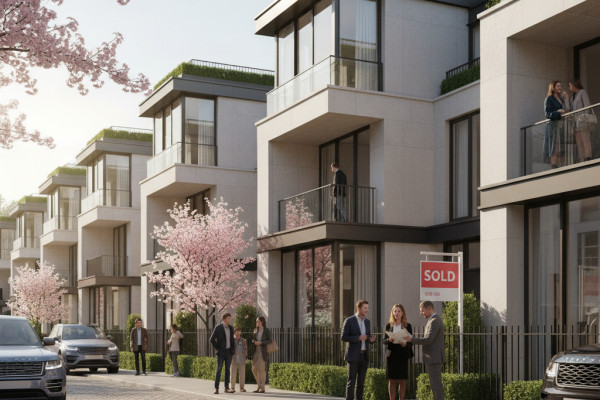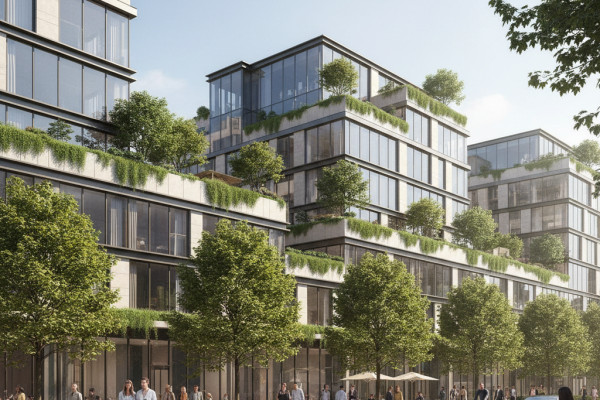
UK Housing Market Faces More Pressure as Remortgaging Demand and Rate Rises Soar
This article highlights the growing concern in the UK housing market as brokers warn of increased demand for remortgaging, leading to further rate ascents and heightened pressure on borrowers.
Incremented Demand For Remortgaging
Brokers have warned that there may be surged demand for remortgaging, leading to further rate rises and escalated pressure on borrowers in the UK. With volatile market conditions, banks and building societies fear being swamped by applications from borrowers rushing to refinance. It has prompted expectations of a climb in homeowner’s loan interest figures this week.
Mortgage Rates Surge
Over the past two weeks, pledge tariffs have surged as loaners grapple with the implications of gloomy inflation forecasts. Refunding homeowners and first-time buyers face extra strain due to higher consumer prices and energy costs. The Bank of England's decision to raise its official interest rate to 4.5% last month indicates that it might keep its base estimate greater for longer to combat growing prices. It leads to bigger wholesale funding estimates for loaners.

Lenders’ Activity
Many banks and building societies have already taken action by raising interest rates on anchored deals or pulling loan deals from the market. However, brokers anticipate it is just the beginning, and more obstacles could arise.
Tremendous charge increases might trigger boosted demand for remortgages among worried borrowers, then prompt further expenditures escalations. The continued volatility in swap rates, which influence lenders' fixed pricing, might discourage any figures cuts.
The effect of these figures hikes is significant. Average five-year payments have climbed from 3.37% to 5.41% over the past 12 months. Deed tolls in the UK will soon reach 15-year highs.
Impact On the Housing Market
The effects of these tariff rises are being felt across the housing market. The average two-year permanent residential loan amount has already climbed to 6.66%, exceeding the levels seen in October 2020 and reaching the highest point since August 2008.

Low Mortgage Payment Arrears
The housing market is experiencing the repercussions of the recent rise in loan payments. Currently, the average two-year fixed residential pledge rate stands at 6.66%, surpassing the levels observed in October 2020 and reaching its highest point since August 2008. However, the housing market has shown signs of improvement in 2023, largely attributed to Liz Truss's tax-cutting plan.
Compared to historical levels, loan payment dues remain relatively low, despite the evident impact of bigger deeds figures and the prevailing cost of living crisis. While major mortgage lenders have witnessed a slight increase in contract payment logjams, it is important to note that these figures are still lower than pre-pandemic levels.
Although households and customers are undoubtedly feeling the effects of greater borrowing costs, debt backlogs are not as high as they were before the onset of the COVID-19 pandemic.
Need To Refinance
Nevertheless, a significant number of fixed-rate pledges will soon need to be refinanced. It is worth mentioning that the majority of households have not yet faced the complete impact of higher borrowing costs, as they are still bound by their existing mortgage deals.
 British homebuyers typically opt for homeowner’s loans with rooted interest expenditures for two or five years before re-subsidising or accepting a variable toll. However, this is expected to alter shortly. UK Finance reckons that 800,000 Britons will need to refinance deeds in the second half of this year, with a further 1.6 million needing to do so in 2024.
British homebuyers typically opt for homeowner’s loans with rooted interest expenditures for two or five years before re-subsidising or accepting a variable toll. However, this is expected to alter shortly. UK Finance reckons that 800,000 Britons will need to refinance deeds in the second half of this year, with a further 1.6 million needing to do so in 2024.
Frequently Asked Questions
FAQ
Now 2-year fixed-rate mortgage interest rates remains an average 6.44%.
However, mortgage rates could increase even further and stay above 7% for an extended period.




